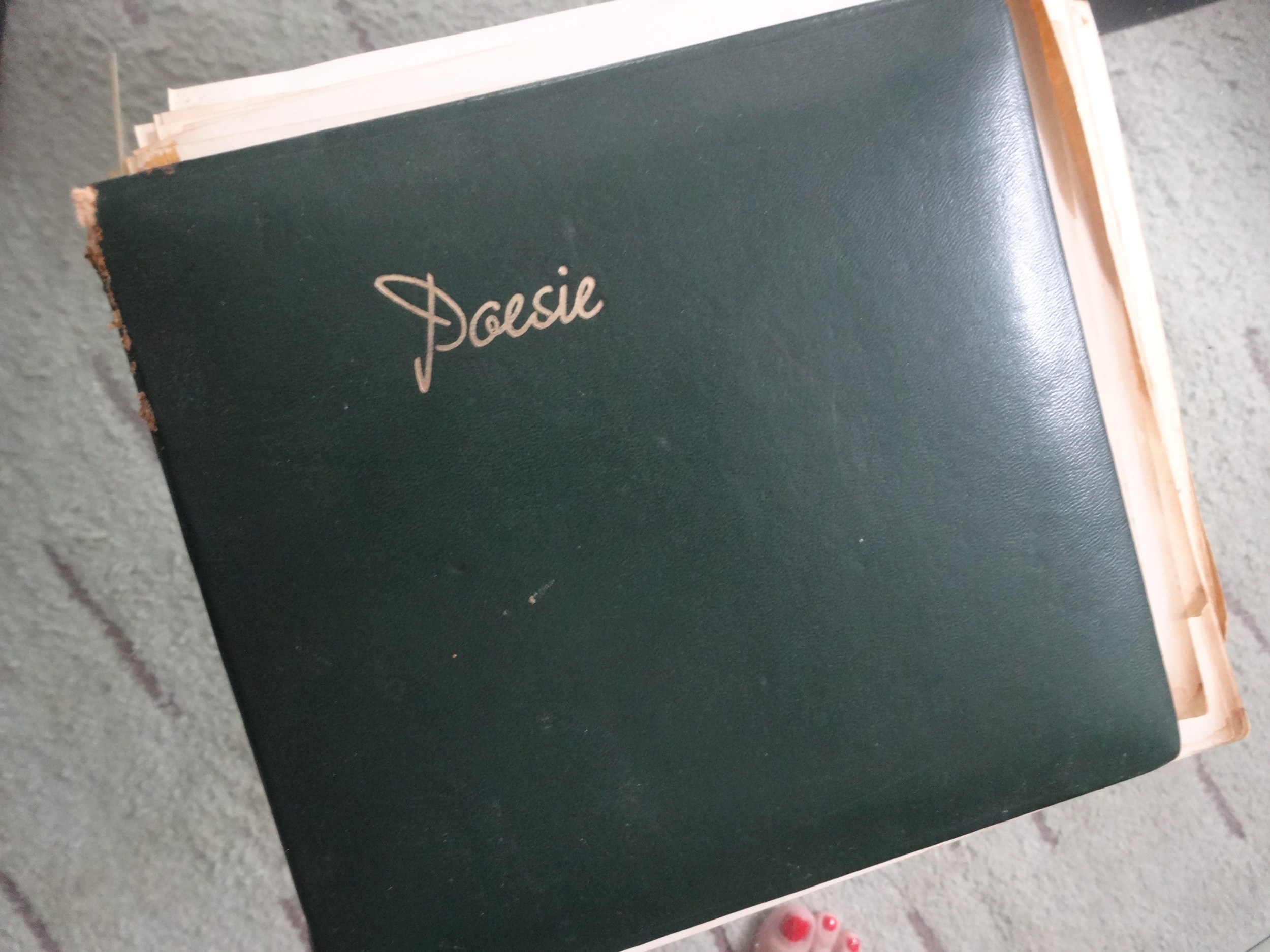The other day my son expressed his confusion over the seeming contradiction between my liberal convictions on the one hand, and my slight formality on the other. I like a bit of flourish, a bit of ritual, some social conventions, respect for the elderly. And it's probably because of my European background.
 For example, I have a thing about going to school in flip flops, tank tops or spaghetti straps (which, I think, all belong to the beach), just like I wouldn't go to the office in such attire. I wouldn't go to the supermarket in flip flops, I don't walk around town in shorts, and I feel a bit underdressed and self-conscious when I walk through town in yoga pants on my way to a class. And I never wear sneakers.
For example, I have a thing about going to school in flip flops, tank tops or spaghetti straps (which, I think, all belong to the beach), just like I wouldn't go to the office in such attire. I wouldn't go to the supermarket in flip flops, I don't walk around town in shorts, and I feel a bit underdressed and self-conscious when I walk through town in yoga pants on my way to a class. And I never wear sneakers.
 I like a nicely set dinner table (with forks and knives in their proper places, and plates and glasses neatly aligned across from each other), and we dress up for special holidays like Thanksgiving, or Christmas, or Easter. I like a bit of ceremony when we have people over for dinner. I plan and choreograph the evening so things run smoothly, so people feel taken care of and don't have to go looking around for water or a fork, so the table looks nice, and so I also have some time to spend with our guests.
I like a nicely set dinner table (with forks and knives in their proper places, and plates and glasses neatly aligned across from each other), and we dress up for special holidays like Thanksgiving, or Christmas, or Easter. I like a bit of ceremony when we have people over for dinner. I plan and choreograph the evening so things run smoothly, so people feel taken care of and don't have to go looking around for water or a fork, so the table looks nice, and so I also have some time to spend with our guests.
Almost every morning, save for some Sundays, I put lipstick and a bit of eye-make-up on and accessorize my outfit, even though I work from home. The other day my daughter said to me "you look a little tired." That was before I had put my eye make-up on, and that is exactly what I always used to say to my own mother when I'd see her without eye make-up. I'd rather look awake and ready for the day.
Whether it's the European background or my particular family, we were taught proper table manners (using your cutlery from the outside in during a many-course meal, how to place fork and knife when finished vs. when you are still eating, which glass is for which beverage - white/red/water -, serving the oldest woman first and the youngest boy last, and such.
We were also taught proper social conventions by example (holding the door open for the person right behind you, writing thank-you notes for presents received - emailed is better than none -, rsvping on time so the host can plan ahead, and eating what's being served without argument or lengthy explanations of special dietary requirements - just leave aside what you don't want).
All these little conventions, which we could call formal or rigid or dusty, do have some meaning. I enjoy walking past someone nicely dressed at the supermarket, I appreciate when the person in front hands me the door instead of slamming it thoughtlessly into my face, I like being called "Mrs. Fitzsimmons" by a kindergartner instead of "Susanne." These little things become effortless, and let you be more aware of others. They smooth over the rough edges of life, and make living with others more pleasant. It's about being thoughtful and respectful, and shows others that you care.







